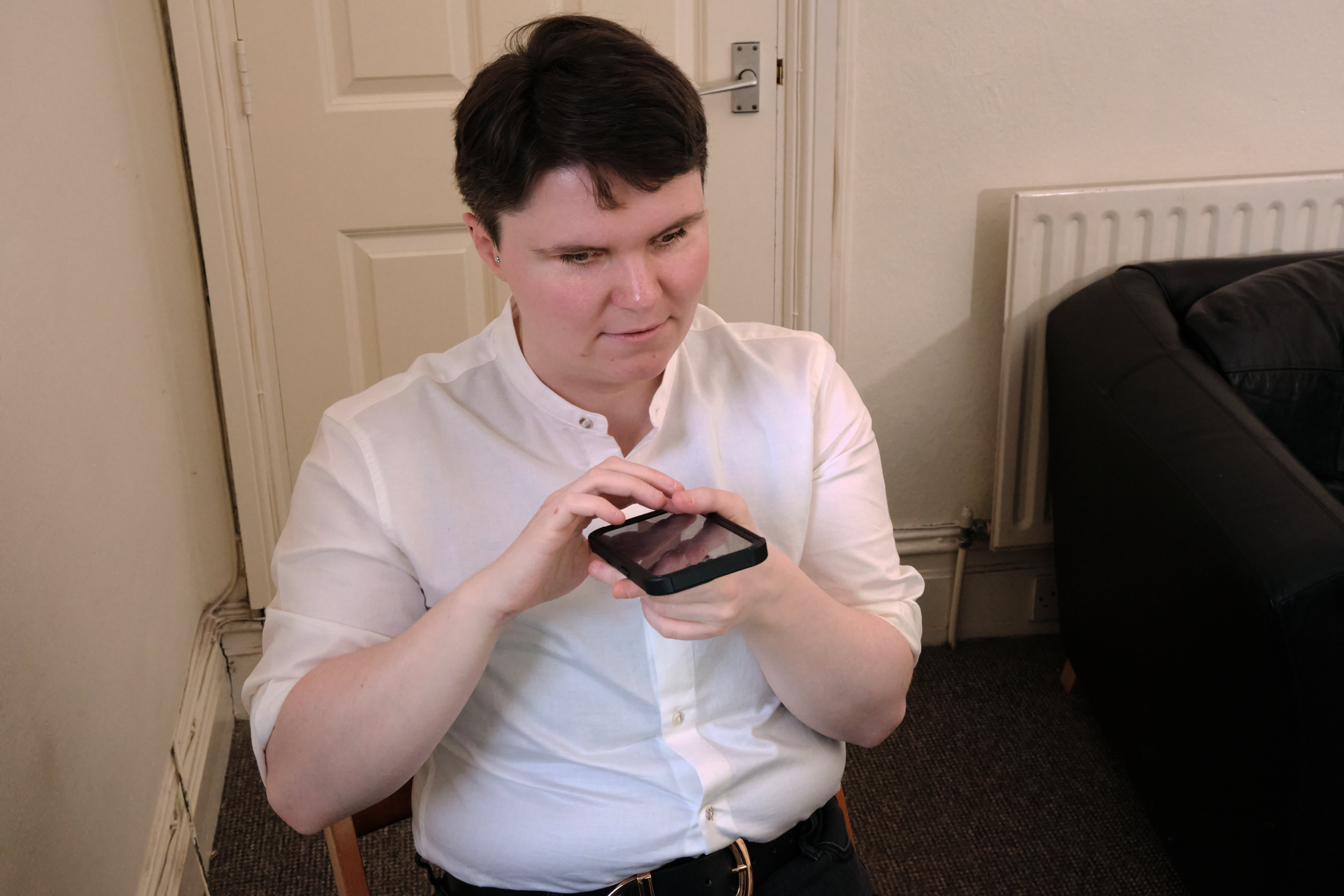Bradford district NHS trusts among only a third nationally to meet legal rights of deaf and blind patients to accessible information
Some NHS trusts providing care in Bradford district are among only a third of NHS organisations which reported that they were fully complying with their duties under the Accessible Information Standard, a legal requirement created by NHS England in 2016.
The standard requires that all publicly funded health and social care providers identify, record, flag, share and meet the information and communication needs of those who use their services, to ensure equal access to healthcare.
However, evidence from Healthwatch shows that the statutory duty is being significantly compromised across England and that its implementation in Bradford district has been patchy.
We received responses to Freedom of Information (FoI) requests from Bradford Teaching Hospitals NHS Foundation Trust, Airedale NHS Foundation Trust and Bradford District Care NHS Foundation Trust asking if they:
- ask all patients whether they have any information or communication support needs, and find out how to meet those needs,
- routinely highlight in a patient’s notes that they have information or communication needs, and;
- routinely share this information with other providers of NHS and adult social care (when patients have given consent/permission).

Bradford Teaching Hospitals NHS Foundation Trust reported that it has systems and policies in place which allow it to meet the standard, although it appears some issues with IT system compatibility can hinder the sharing of patients’ requirements with other providers of NHS and adult social care. Since 2018, the trust has received one complaint related to patients not receiving information in accessible formats.
Bradford District Care NHS Foundation Trust reported that systems and processes were in place to fully meet the standard, and it received no complaints in the timeframe.
While Airedale NHS Foundation Trust reported that it had systems capable of recording patients’ accessible information requirements, it was unable to confirm whether all patients are asked about their needs, and whether those needs were flagged or shared when needed.
It did highlight training completed by 92% of staff which references the Accessible Information Standard, as well as engagement work which had been done with Sight Airedale and patient groups in developing its processes. The trust said it does not record complaints about accessible information in a way which can be identified.
Across England, only a third of trusts (35%) fully complied with the standard.
Professor Mel Pickup, Place Based Lead (designate) for the Bradford District and Craven Health and Care Partnership and Chief Executive for Bradford Teaching Hospitals NHS Trust, said: “We know that providing personalised care improves both the experience and outcomes for people. By asking and recording someone’s communication needs and preferences we can ensure people understand everything they need to about their treatment and care.
“Our health and care partnership recognises the legal duty that all NHS services have to provide clear and appropriate methods of communication to patients, service users and carers. It is reassuring to know that we are performing well in meeting the needs of deaf and blind patients but of course we must strive to do more to be as accessible as possible.
Nationally, Healthwatch England is warning that no one currently appears responsible for holding health and care services to account for breaching their legal duties under the standard. However, with NHS England currently reviewing the AIS, the patients’ champion has joined forces with leading disability organisations – including RNIB (Royal National Institute of Blind People), RNID (Royal National Institute for Deaf People), Mencap and SignHealth – in calling for stronger accountability.
Sir Robert Francis QC, Chair of Healthwatch England said: "Our findings show clear evidence of a failure to protect the right of our most vulnerable patients to accessible information and communication support through poor accountability across our health services.
“Health and services are legally required to follow the Accessible Information Standard, yet currently no one is effectively fulfilling their responsibility for holding them to account on how they put it into practice.
“People want clear, understandable information to enable them to make informed decisions about their health and care and get the most out of services. For instance, without proper communication support during GP or hospital appointments, patients and their families can suffer psychologically with long-term consequences for their health and welfare.
“This research shows that health and care services with the newly created 42 integrated care systems must act to ensure no one is excluded from access to healthcare because of their communication needs. NHS England needs to hold health and care services to account in the implementation of the Accessible Information Standard to protect these rights.”
Healthwatch England and a coalition of charities, such as RNIB, RNID, Mencap and SignHealth, have set out five headline recommendations ahead of the NHSE’s review of the Accessible Information Standard:
- Health and care services to be held accountable for fully delivering the standard.
- Every health and care service to have an accessibility champion.
- Better IT systems so that patients can update services with their communication needs.
- Involving people with communication needs in designing better services
- Mandatory training on accessible information for all health and care staff.
Healthwatch Bradford and District is joining forces with Healthwatch across England in running a Your Care, Your Way campaign calling for everyone to be given healthcare information in the way they need it.

